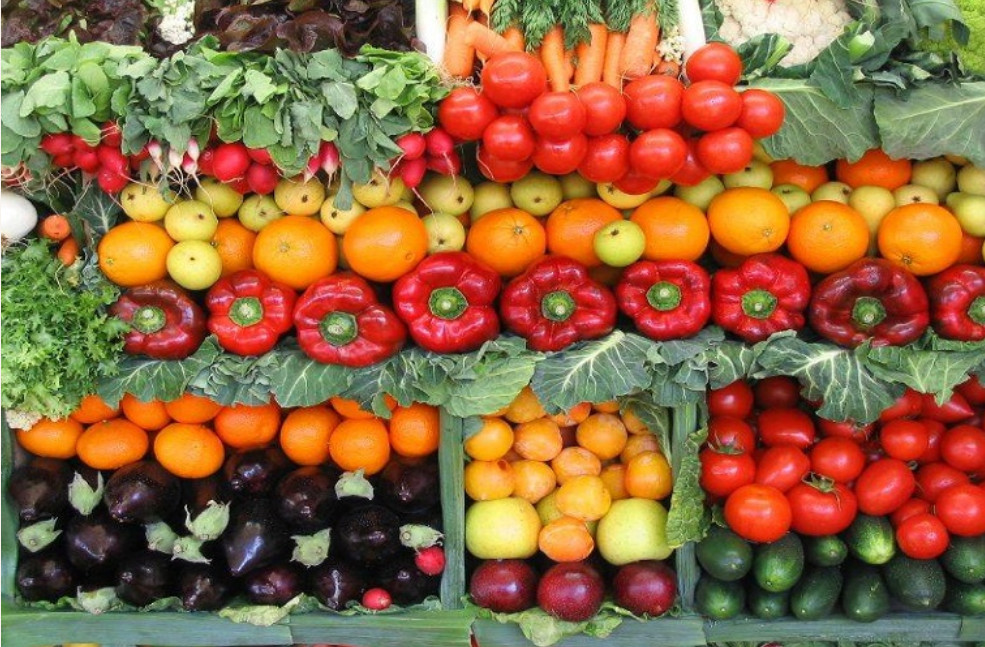
In July 2024, the EU’s agri-food trade saw an 8% increase from the previous month, reaching 6.1 billion euros—a figure on par with July 2023.
According to the European Commission’s latest monthly report, the trade surplus for the January-to-July 2024 period grew to 39.7 billion euros, marking a 1.1 billion euros increase over the same period in 2023. Cumulative exports during this timeframe reached 137.2 billion euros, up by 3% from 2023 levels, while imports rose by 2% to 97.5 billion euros.
EU agri-food exports for July 2024 alone hit 20.8 billion euros, climbing 10% from June and marking a 15% year-on-year increase. Exports to the United States grew by 10%, largely due to higher prices for olives and olive oil.
Meanwhile, exports to the UK rose by 3%. Conversely, exports to China decreased by 8%, driven by reduced demand for products like frozen pork, dairy (especially skimmed milk powder and fresh dairy), and cereals.
Among individual products, EU olive and olive oil exports saw the sharpest increase in value, rising by 1.7 billion euros or 59% due to higher prices. Exports in the coffee, tea, cocoa, and spice categories also increased by 25%, particularly for cocoa paste, butter, and powder.
However, cereal, vegetable oil, and wine exports declined in value due to lower prices and volumes.
EU imports for July 2024 were up 11% from the previous month, reaching 14.6 billion euros, 23% higher than in July 2023. Cocoa imports from Côte d’Ivoire surged by 50%, with Nigerian imports growing by 150%. Olive oil imports from Tunisia nearly doubled, rising by 460 million euros.
In terms of imported products, coffee, tea, cocoa, and spices saw the most significant increase, up by 31%, primarily due to high cocoa prices.
However, imports of oil seeds and protein crops fell by 15%, with notable declines in supplies from Australia, Brazil, and the U.S. Grain imports also dropped by 20% due to lower prices.
Source: tovima.com
Latest News

WTTC: Travel & Tourism to Create 4.5M New Jobs in EU by 2035
This year, international visitor spending is set to reach 573 billion euros, up by more than 11% year-on-year

IMF: US Tariffs Shake Global Economy, Outlook Downbeat
IMF slashes global growth forecast to 2.8% as U.S. tariffs create uncertainty and ‘negative supply shock

First Step Towards New Audiovisual Industry Hub in Drama
The project is set to contribute to the further development of Greece’s film industry and establish Drama as an audiovisual hub in the region

Airbnb Greece – Initial CoS Ruling Deems Tax Circular Unlawful
The case reached the Council of State following annulment applications filed by the Panhellenic Federation of Property Owners (POMIDA)

Mitsotakis Unveils €1 Billion Plan for Housing, Pensioners, Public investments
Greek Prime Minister Kyriakos Mitsotakis has announced a new set of economic support measures, worth 1 billion euros, aiming to provide financial relief to citizens.

Alter Ego Ventures Invests in Pioneering Gaming Company ‘Couch Heroes’
Alter Ego Ventures' participation in the share capital of Couch Heroes marks yet another investment by the Alter Ego Media Group in innovative companies with a focus on technology.

Corruption Still Plagues Greece’s Driving Tests
While traffic accidents continue to claim lives on Greek roads daily, irregularities and under-the-table dealings in the training and testing of new drivers remain disturbingly widespread

Pope Francis Died of Stroke and Heart Failure Vatican Confirms
As news of the official cause of death spread, tributes poured in from across the globe. The 1.4 billion-member Catholic Church is united in grief, remembering a pope who championed inclusion, justice, and compassion

Increase in Both Museum Visits, Revenues for 2024
As expected, the Acropolis was the top archeological site in the country, followed by Sounion, Mycenae, the ancient theater of Epidaurus, and Vergina in northern Greece

Where Greece’s Tourists Come From: A Look at 2025’s Top Visitor Markets
The United Kingdom continues to hold the top spot as the largest source of incoming tourism, with 5.6 million seats booked for Greece this summer — up 2.2% from last year. This accounts for 20% of all international air traffic to Greece
















![Ξενοδοχεία: Μεγάλο το ενδιαφέρον για επενδύσεις στην Ελλάδα – Η θέση της Αθήνας [γραφήματα]](https://www.ot.gr/wp-content/uploads/2025/03/Athens-hotels-90x90.jpg)
























 Αριθμός Πιστοποίησης
Αριθμός Πιστοποίησης